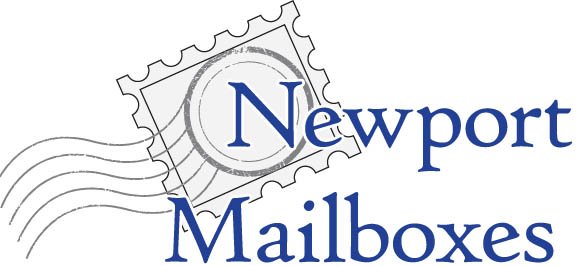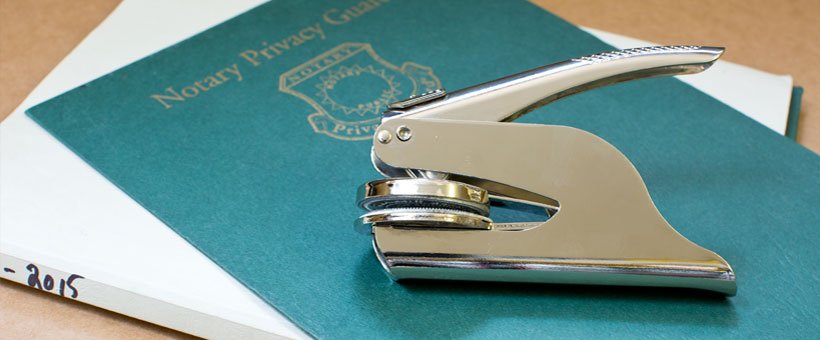If you’re planning to become a notary or are already commissioned and looking to stay sharp, you may come across the term “notary primer.” But what is a notary primer, and why is it useful?
In this blog, we’ll explain what a notary primer is, who it’s for, what it typically includes, and how it can help both new and experienced notaries operate legally and confidently in their roles.
What Is a Notary Primer?
A notary primer is a comprehensive guidebook designed to explain the rules, duties, and best practices for notaries public in a specific state. Think of it as the ultimate reference manual for your notarial responsibilities.
Each U.S. state has different notary laws, so primers are usually published on a state-by-state basis. For California, the primer outlines the procedures required under the California Government Code and provides real-world guidance for navigating notarizations correctly.
Who Uses a Notary Primer?
Primers are commonly used by:
- Aspiring notaries preparing for the notary exam
- Newly commissioned notaries learning how to complete real-world notarizations
- Experienced notaries seeking a refresher on changing laws and rare notarial acts
- Employers training staff notaries or verifying internal processes
Primers are especially valuable because they bridge the gap between legal statutes and real-life applications.
What’s Included in a Notary Primer?
Though the exact contents vary depending on the publisher and the state, a typical California notary primer includes:
1. Commissioning Process
- Eligibility requirements
- How to apply, test, and get commissioned
- How to renew your commission
2. Notarial Acts Explained
- Acknowledgments
- Jurats
- Certified copies of powers of attorney
- Oaths and affirmations
- Signature witnessing (if allowed in your state)
Each act is broken down step by step, including when and how to perform it.
3. Proper ID Verification
- Acceptable forms of identification
- Handling signers with no ID
- Use of credible witnesses
4. Notarial Certificate Wording
Primers often include samples of the exact wording required for California notarial certificates, so notaries don’t have to guess or rely on memory.
5. Recordkeeping Guidelines
- How to maintain a notary journal
- What entries are required
- Sample journal entries
- Handling lost or stolen journals
6. Notary Seal Use
- What a legal seal must include
- When and where to affix it
- How to store your seal securely
7. Legal Limitations and Penalties
- Acts notaries are prohibited from doing (e.g., giving legal advice)
- Avoiding conflicts of interest
- Fines and penalties for misconduct
8. Special Scenarios
- Notarizing for a person who is blind, illiterate, or non-English speaking
- What to do during remote signings (if permitted)
- Notarizing documents for use out of state or internationally
Why Every Notary Should Own One
Even experienced notaries encounter rare or complex situations. A primer provides clear guidance so you’re not caught off guard—and helps ensure you stay compliant with state law.
Here’s why having a primer on hand is a smart move:
- Reference on demand: Great when you’re on the go or dealing with unusual documents.
- Test prep: Helpful for studying and passing your initial or renewal exam.
- Confidence builder: Reassures you in moments of uncertainty.
- Legal protection: Following a reliable guide reduces the risk of unintentional errors.
Where to Get a Notary Primer
Primers are typically published by state-authorized organizations and professional notary associations. In California, the most widely used primer is published by the National Notary Association (NNA) and is updated regularly to reflect changes in law.
You can purchase a California notary primer:
- Online (NNA.org, Amazon)
- At notary training classes or exam prep seminars
- Through supply vendors that sell stamps, journals, and certificates
If you’re unsure which version to get or how to use it, a professional notary in Newport Beach can recommend trusted resources and may even carry primer copies for new notaries or clients.
Final Thoughts
A notary primer is more than just a book—it’s a practical toolkit for ensuring you notarize documents correctly, legally, and confidently. Whether you’re just starting out or looking to refine your expertise, a primer can make you a better, safer, and more professional notary.
As laws and best practices evolve, having an up-to-date reference guide within reach will help you provide top-tier service and protect both your clients and your commission.




